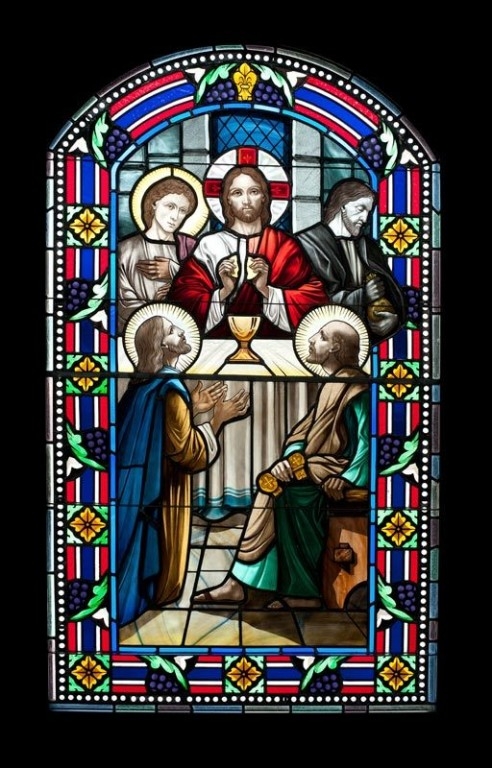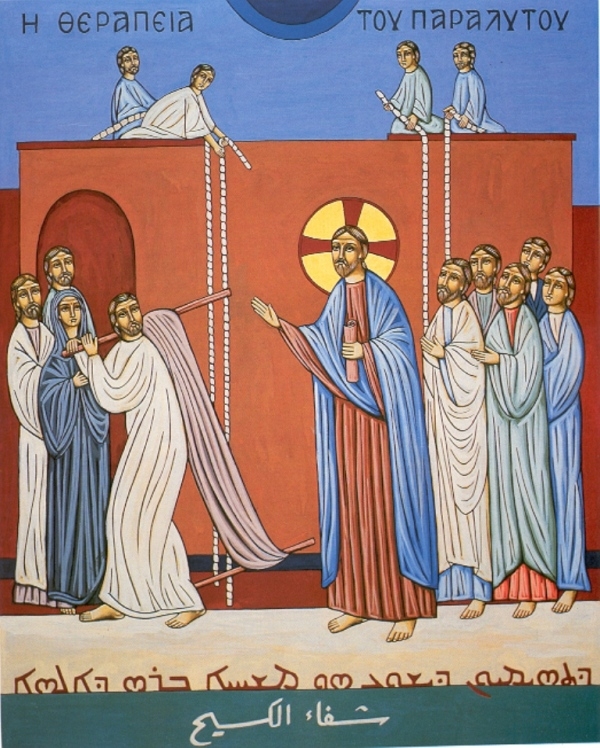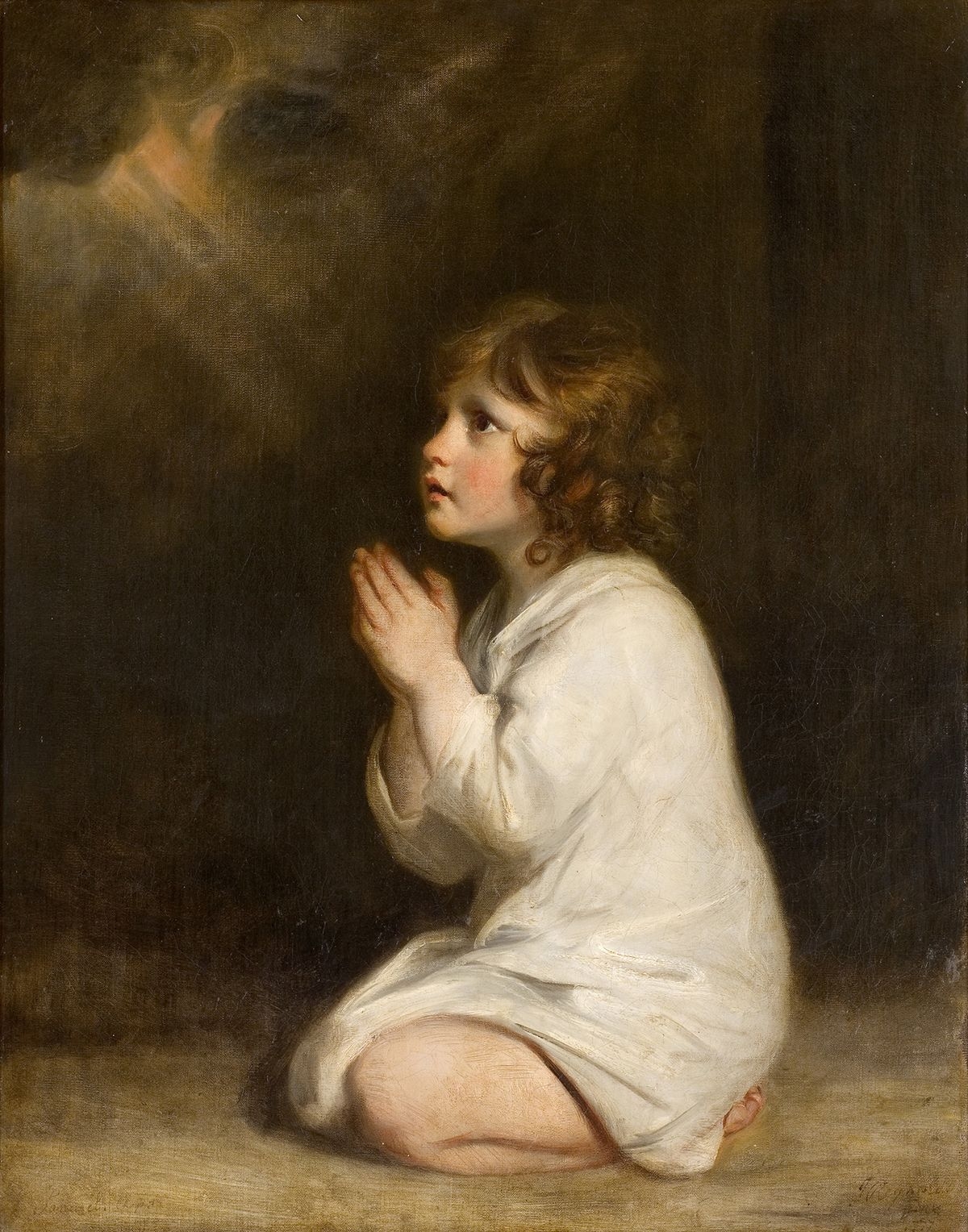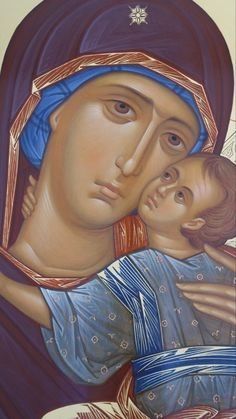These reflections are a result of more than 40 years of ministry as a Roman Catholic priest. Most of these years I spent in the Diocese of Charlotte which covers Western North Carolina. Now I am retired, and live in Medellín, Colombia where I continue to serve as a priest in the Archdiocese of Medellín.

Some scribes who were Pharisees saw that Jesus was eating with sinners and tax collectors and said to his disciples, “Why does he eat with tax collectors and sinners?” Jesus heard this and said to them, “Those who are well do not need a physician, but the sick do. I did not come to call the righteous but sinners.” (Mk 2:13-17)
https://bible.usccb.org/bible/readings/011522.cfm
The eating and drinking with sinners is the church’s oldest memory of the Eucharist. As Pope Francis has pointed out, the church is not a club for saints, it’s a hospital for sinners. The Eucharist, the pope says, is not the reward for good behavior, rather it is medicine for the weak.

They were all astounded and glorified God, saying, “We have never seen anything like this.” (Mark 2:1-12)
https://bible.usccb.org/bible/readings/011422.cfm
People were shocked by what Jesus said and did: “We’ve never seen anything like this.” Did they complain? Did they murmur? Did they join another parish? No, the gospel tells us that they “glorified God.” Maybe we need to re-capture the shock and utter joy of the gospel message for the poor, for the outcast, for the sick and for sinners.

When the troops retired to the camp, the elders of Israel said “Why has the LORD permitted us to be defeated today by the Philistines? Let us fetch the ark of the Lord from Shiloh that it may go into battle among us and save us from the grasp of our enemies.” (1 Sam 4:1-11)
https://bible.usccb.org/bible/readings/011322.cfm
The Ark Narrative (1 Samuel 4:1-7:1) can read a lot like a script for Indiana Jones. Perhaps it might be best to see religious objects not as talismans, but rather as reminders of our commitment to the Lord. As today’s reading reminds us, the Ark did not save Israel. The battle was lost, and the Ark along with it.

Then Eli understood that the LORD was calling the youth.
So Eli said to Samuel, “Go to sleep, and if you are called, reply,
‘Speak, LORD, for your servant is listening.’” (1 Sam 3:1-10, 19-20)
https://bible.usccb.org/bible/readings/011222.cfm
The Call of Samuel is one of my favorite Bible stories. I remember hearing this story when I wasn’t much older than Samuel. I always thought that Samuel was a lucky kid to be sleeping near the Ark of the Covenant and to hear God calling. But, of course, it was the old priest Eli who realized that it was God calling the child. And so Samuel answers God, “Speak, Lord, for your servant is listening.”

As she remained long at prayer before the LORD, Eli watched her mouth, for Hannah was praying silently; though her lips were moving, her voice could not be heard. Eli, thinking her drunk, said to her, “How long will you make a drunken show of yourself? Sober up from your wine!” “It isn’t that, my lord,” Hannah answered. “I am an unhappy woman. I have had neither wine nor liquor; I was only pouring out my troubles to the LORD. Do not think your handmaid a ne’er-do-well; my prayer has been prompted by my deep sorrow and misery.” Eli said, “Go in peace,
and may the God of Israel grant you what you have asked of him.” (1 Sam 1:9-20)
https://bible.usccb.org/bible/readings/011122.cfm
A somewhat humorous scene in the story of Hannah, the mother of Samuel. And of course, Hannah’s hymn of praise becomes the model for the Magnificat of Mary in the Gospel of Luke. As Hannah sings: My heart exults in the Lord, my Savior (Responsorial Psalm).



